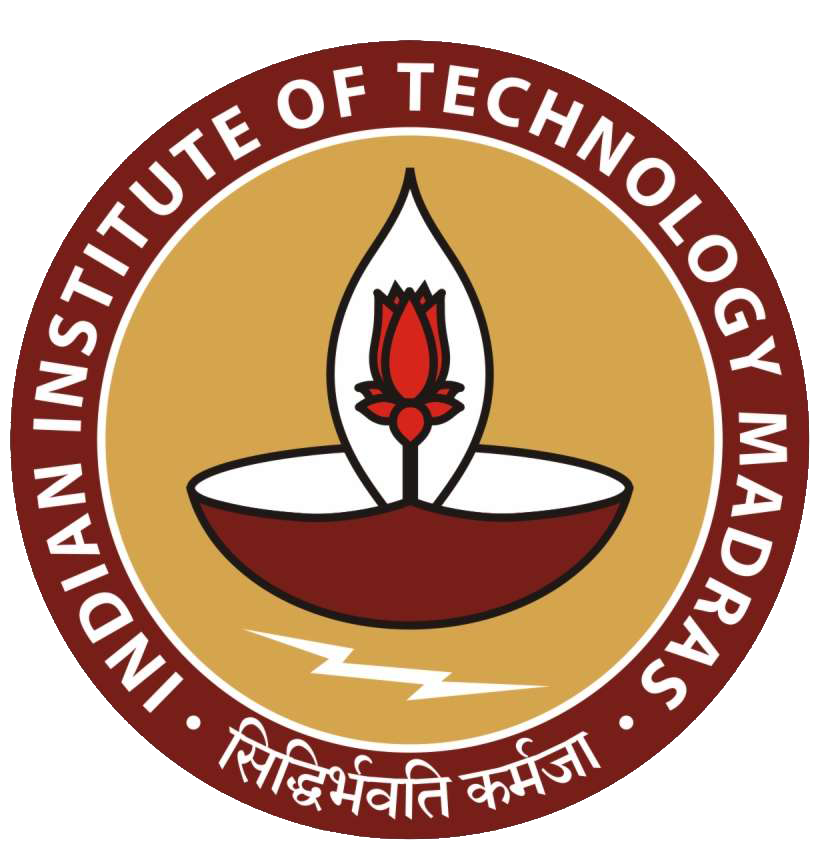Question-5
algebra
aptitude
Let \(p_1\) and \(p_2\) denote two arbitrary prime numbers. Which one of the following statements is correct for all values of \(p_1\) and \(p_2\)?
NoteAnswer
NoteSoluton
If \(\displaystyle p_{1} =2,p_{2} =7\), then \(\displaystyle p_{1} +p_{2} =9\) is not prime. However, if \(\displaystyle p_{2} =2,p_{2} =3\), then \(\displaystyle p_{1} +p_{2} =5\) is a prime.
\(\displaystyle p_{1} p_{2}\) has two prime factors other than itself and \(\displaystyle 1\). Hence \(\displaystyle p_{1} p_{2}\) is not prime for all primes \(\displaystyle p_{1}\) and \(\displaystyle p_{2}\).
If \(\displaystyle p_{1} =2,p_{2} =3\), then \(\displaystyle p_{1} +p_{2} +1=6\) is not a prime.
If \(\displaystyle p_{1} =3,p_{2} =5\), then \(\displaystyle p_{1} p_{2} +1=16\) is not a prime.
